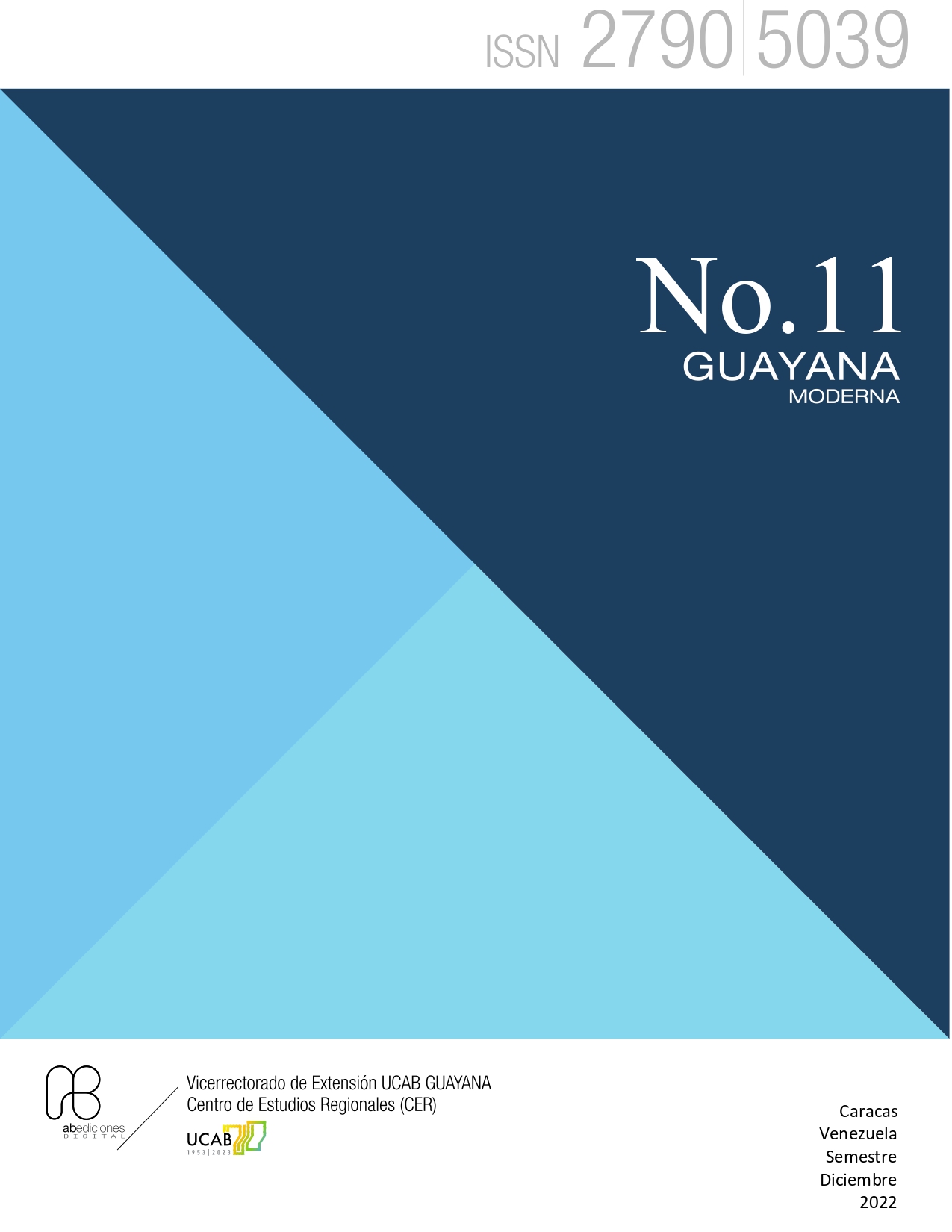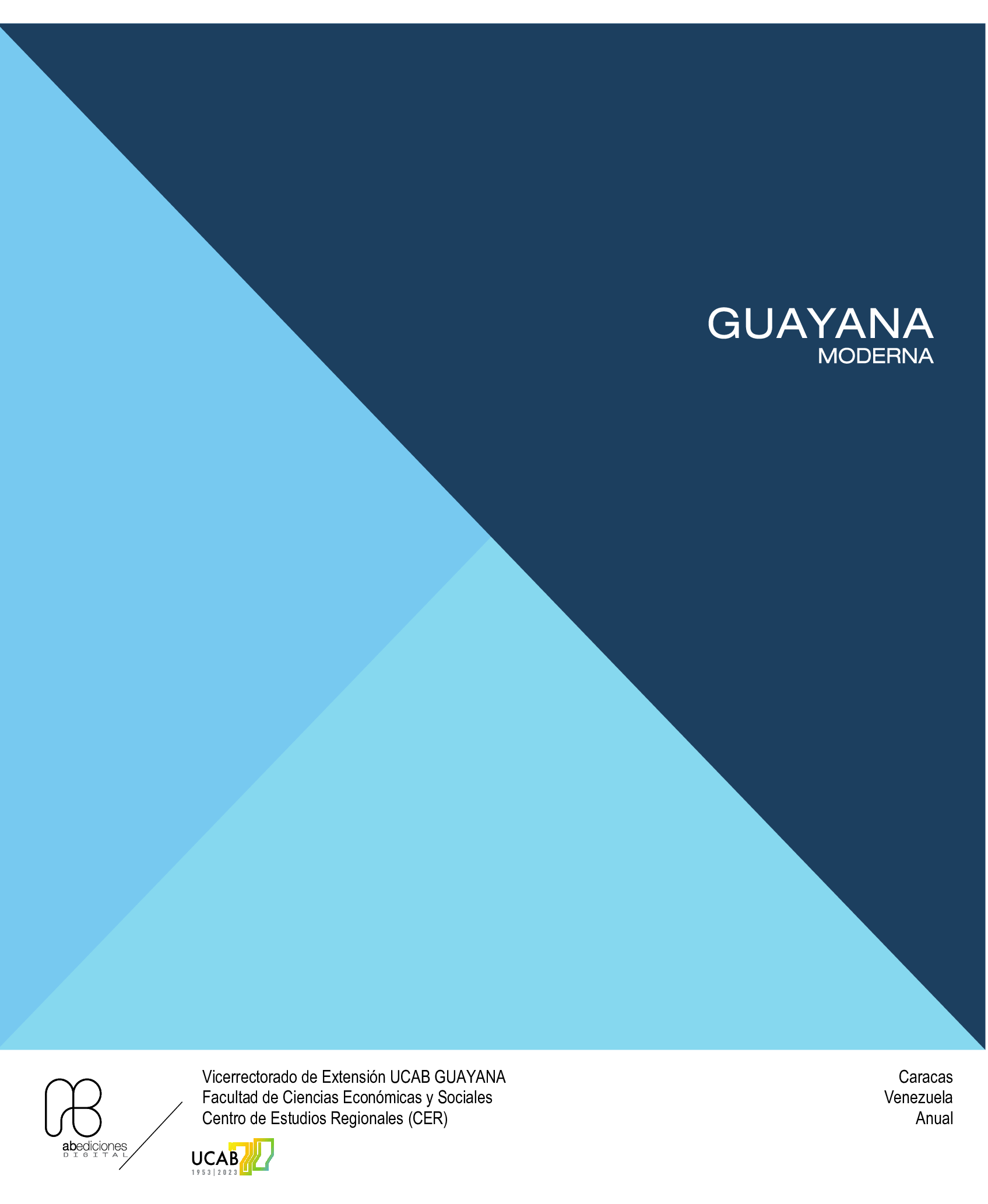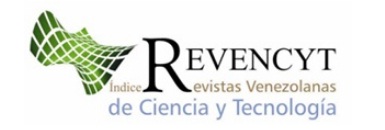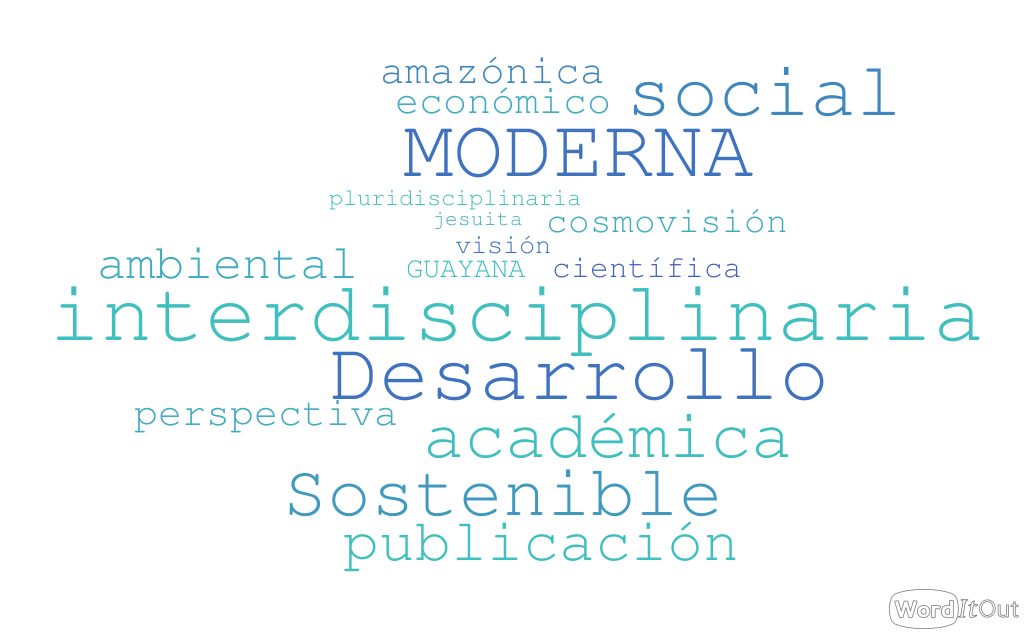Technological Complex for Virtual Educational Management of the Faculty of Engineering of the University of Carabobo based on Knowledge Engineering
DOI:
https://doi.org/10.1234/gm.v11i11.5863Abstract
The study is inserted in the research line of Teacher Training, its purpose was to propose a Technological Complex for Virtual Educational Management of the Faculty of Engineering of the University of Carabobo (Valencia, Venezuela) based on Knowledge Engineering, it was inquired about of the current situation of the online modality, the feasibility of application of the complex was validated and the techno-pedagogical components of the complex were designed. It was framed as documentary and field research with the feasible project modality. The population and sample consisted of fourteen people, among the deans and different coordinators of schools of the Faculty, as a data collection instrument the questionnaire was applied with dichotomous answers (yes-no), the reliability was determined by the Kuder Richarson coefficient, validated by the judgment of three experts, the results obtained were processed through the interpretation of percentage statistics with pie charts. The results obtained confirmed the need to propose a virtual technological complex to manage online educational processes within the faculty. The technological complex is a complex that serves more as a support for face-to-face education, as a complex that consolidates all the administrative and technological processes in the educational field within the unit, which promotes the participation of the entire academic community.
Keywords: Virtual technological complex, virtual educational management, knowledge engineering, University of Carabobo.








